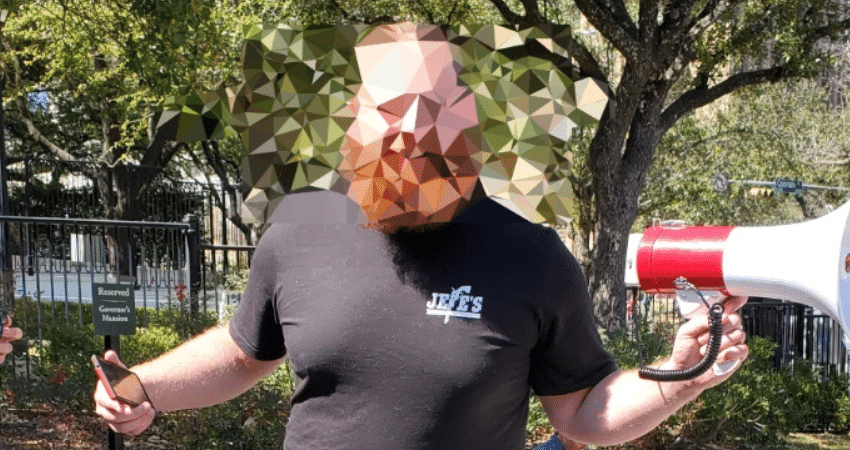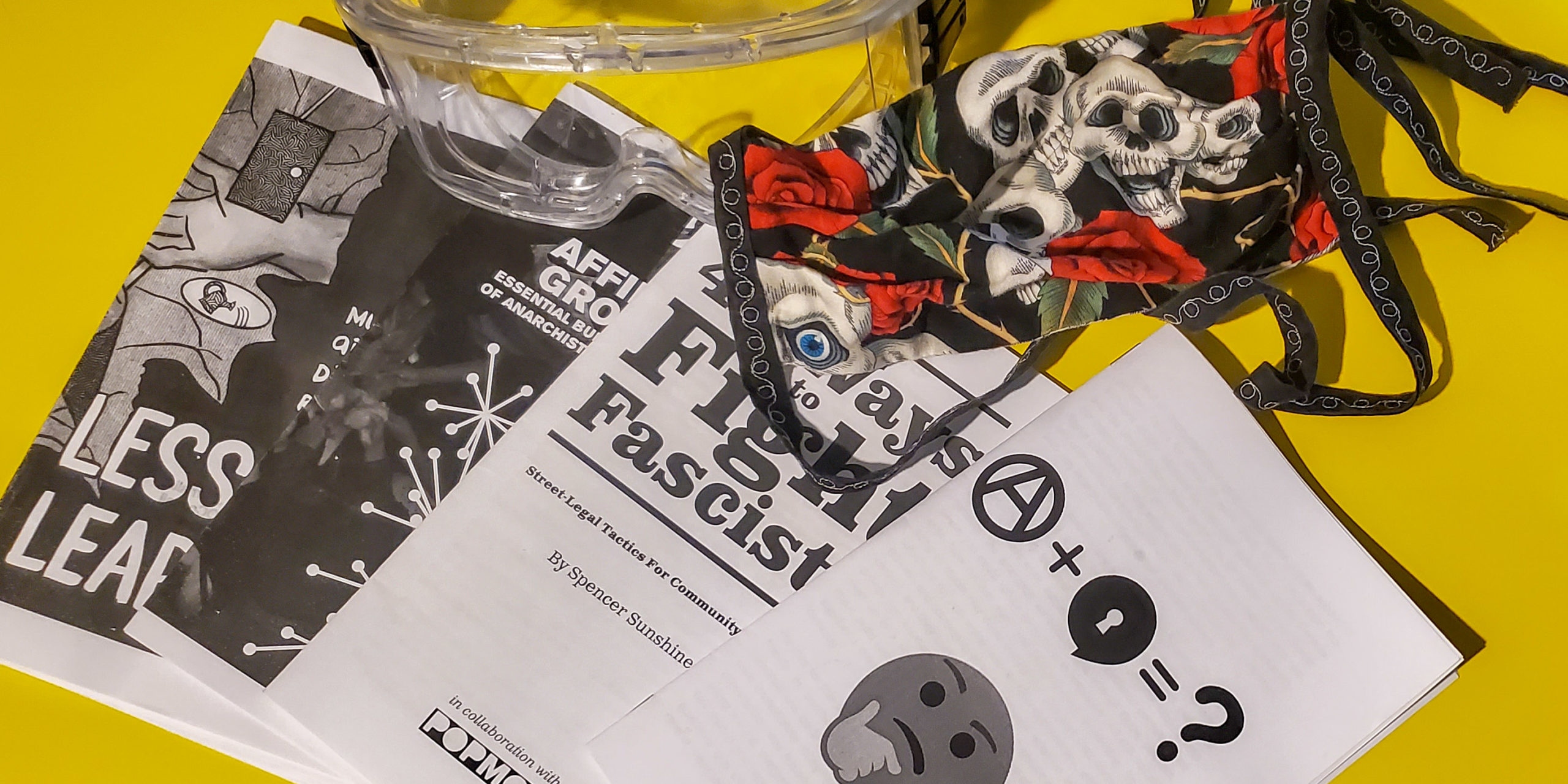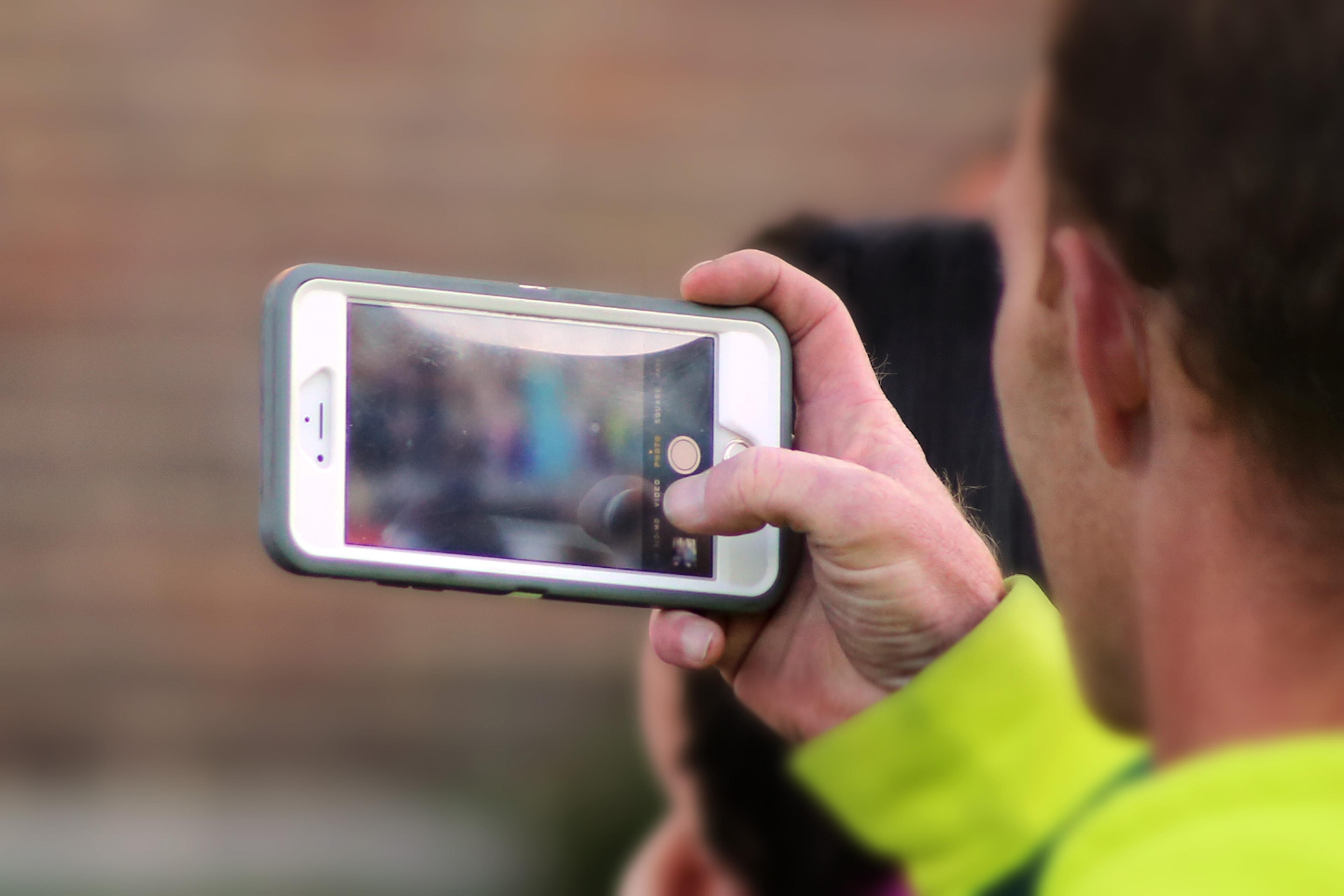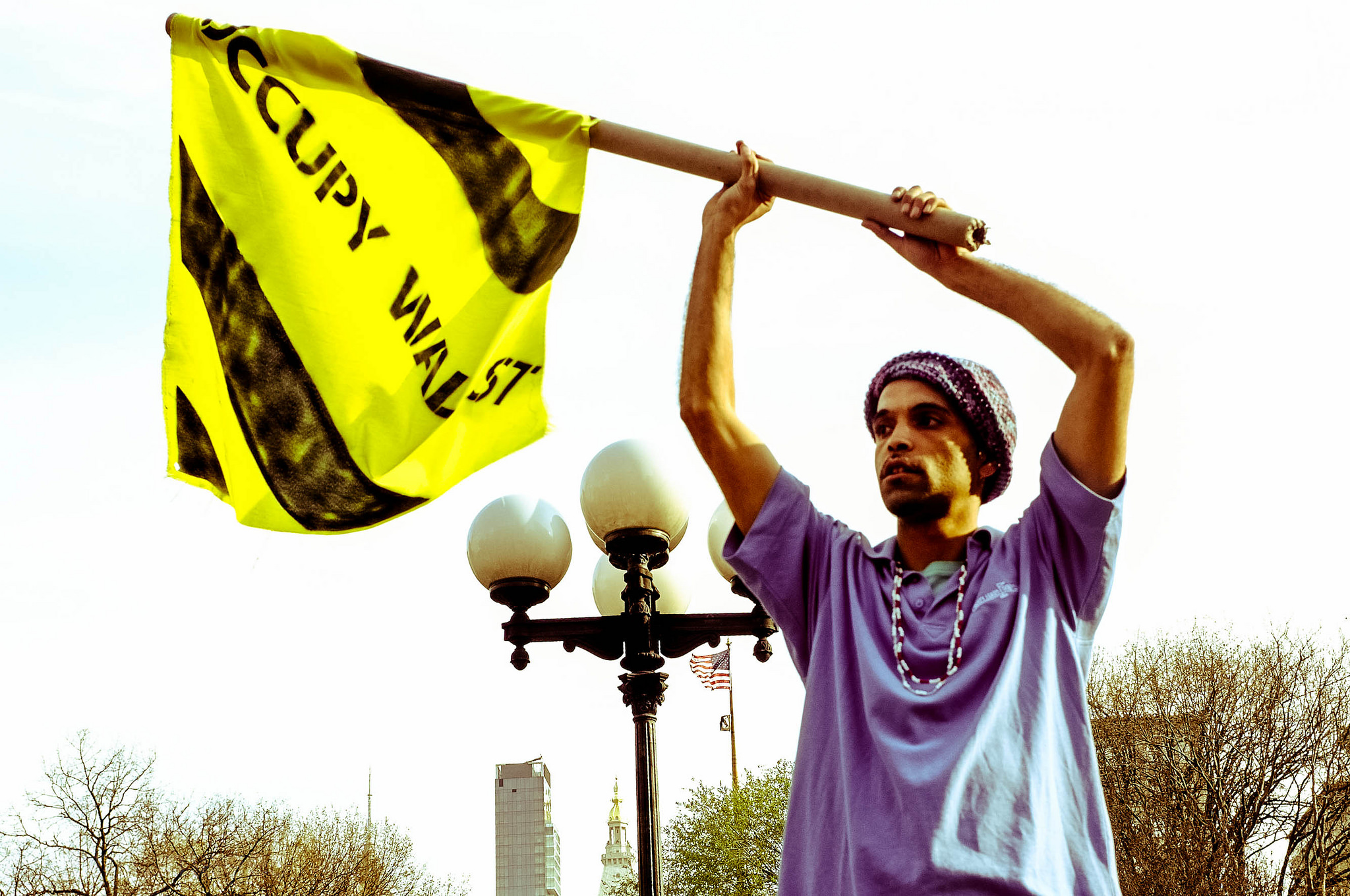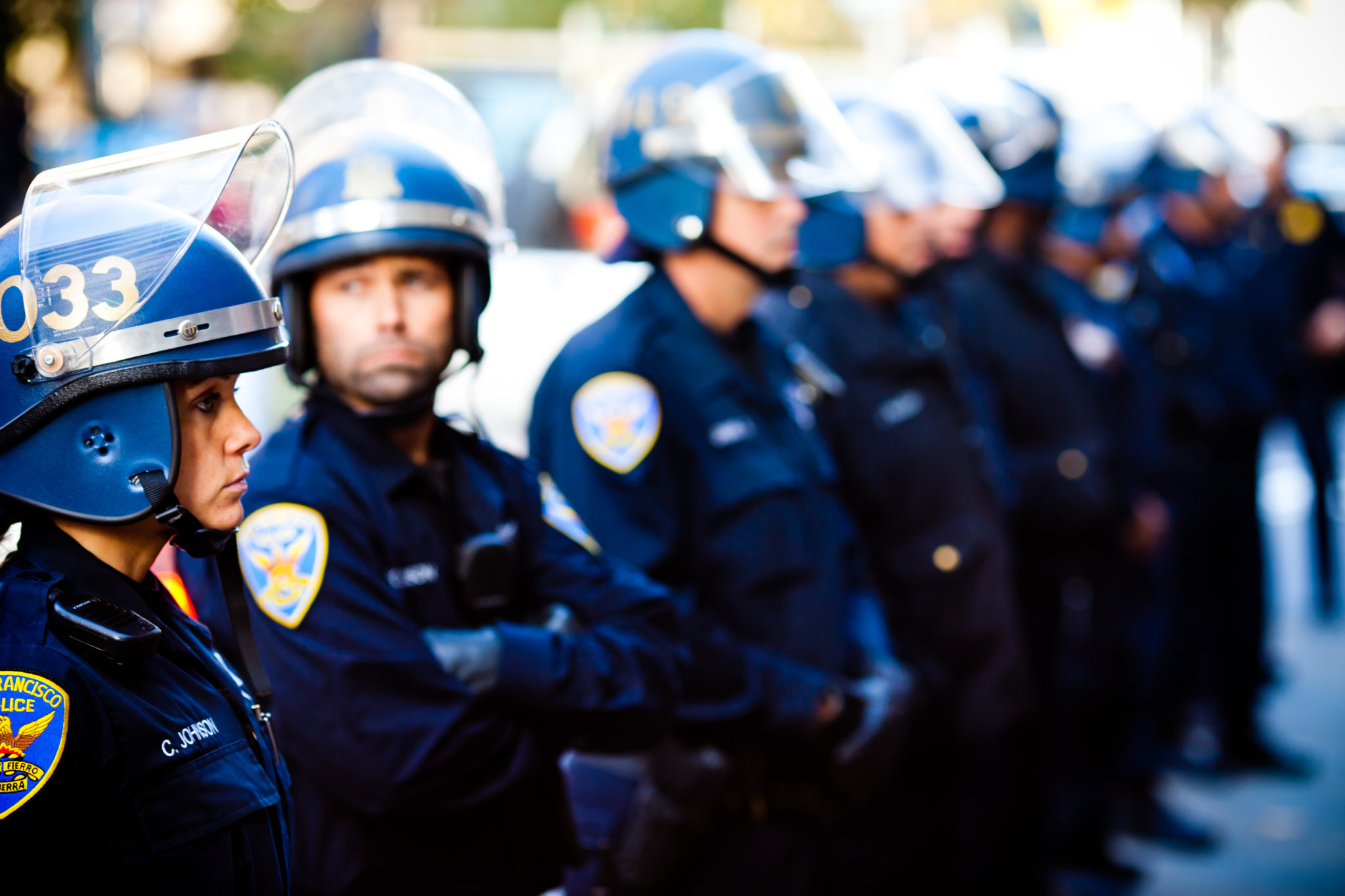One thing that keeps me up at night is the thought of how unprepared the Left is to defend itself. I worry we’re simply not ready for what’s coming.
What I want to focus on in this short article is the idea that groups, from smaller collectives to larger nonprofits, need to be prepared for disruptive, even violent attacks from right-wing operatives. The actors can vary … white supremacists like Patriot Front or street brawling brownshirts like the Proud Boys, even media trolls like Infowars reporters.
At a recent rally for the rights of trans kids in downtown Austin, I watched as right wing trolls (yelling horrid things about pedophilia, groomers and imaginary surgery involving childrens’ genitals) attempted to storm the makeshift stage area where a series of speakers were holding space. The crowd were mostly queer-friendly Austin residents including many families. The organizers looked stunned. State Troopers eventually intervened, but only after regular, everyday people put their bodies in between the fascist trolls and the speakers. And it could have gone much worse. We’re just not ready.
